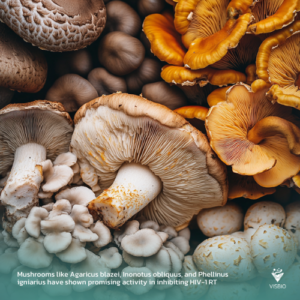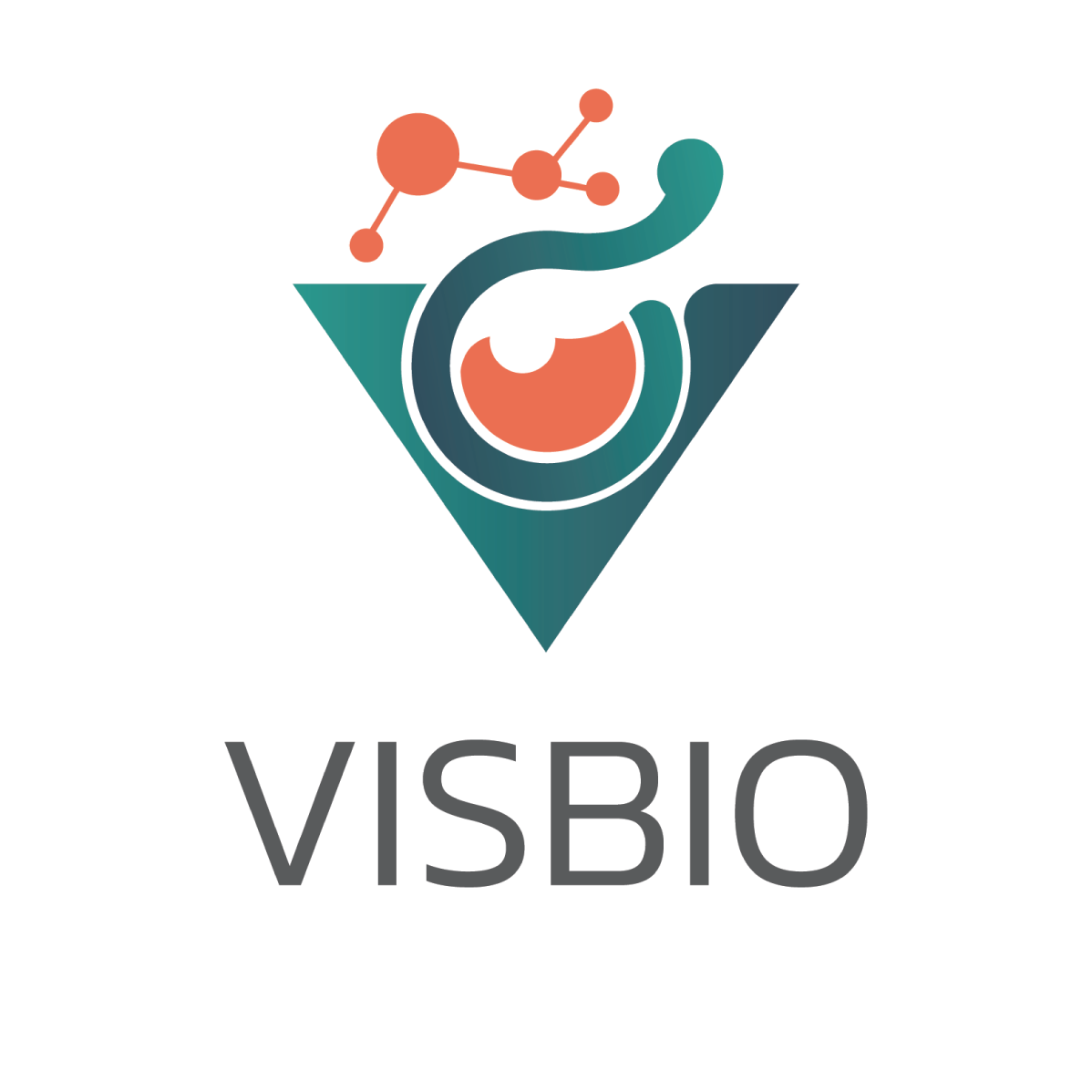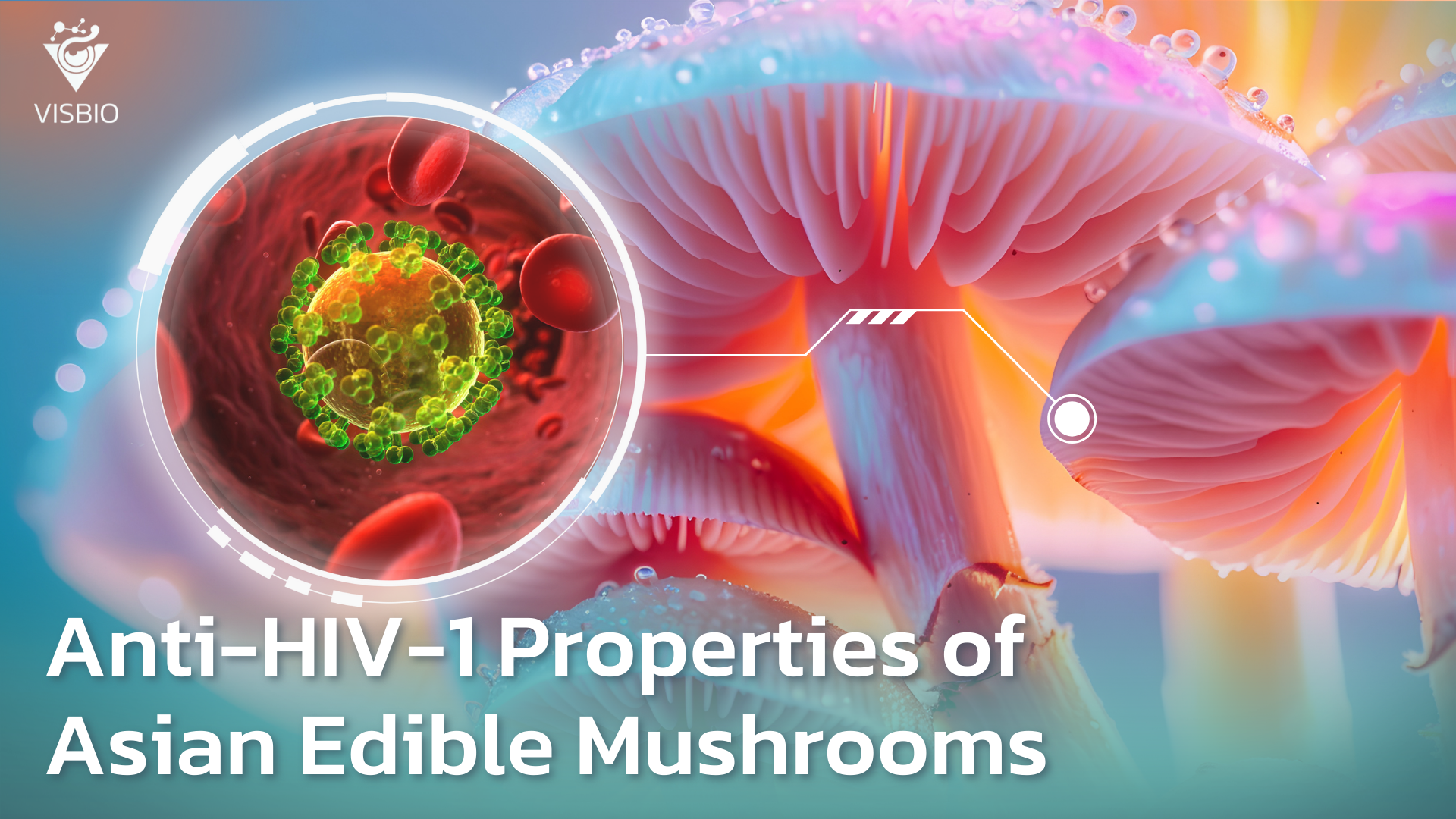Breakthrough in HIV-1 Reverse Transcriptase Inhibition

Human Immunodeficiency Virus (HIV) remains one of the most challenging global health issues, with millions affected worldwide. Central to the virus’s replication is the enzyme reverse transcriptase (RT), which enables HIV to convert its RNA into DNA, allowing it to integrate into the host’s genome. While existing drugs effectively inhibit HIV replication, the virus’s ability to develop drug resistance makes the discovery of new, natural inhibitors critical in the fight against HIV.

Recent research by Associate Professor Dr. Kiattawee Choowongkomon and his team has identified an innovative approach: harnessing the anti-HIV-1 reverse transcriptase properties of edible mushrooms found across Asia. Mushrooms like Agaricus blazei, Inonotus obliquus, and Phellinus igniarius have shown promising activity in inhibiting HIV-1 RT, making them potential candidates for developing natural, food-based therapeutic agents against HIV.
Harnessing Edible Mushrooms to Inhibit HIV-1 Reverse Transcriptase
Edible mushrooms have long been valued for their medicinal properties in traditional Asian medicine, known for boosting immunity, reducing inflammation, and promoting overall health. Now, this research reveals that they may also play a key role in HIV treatment by inhibiting reverse transcriptase.
 Agaricus blazei, commonly known as the almond mushroom, demonstrated the strongest anti-HIV-1 RT activity in the study. Extracts from this mushroom significantly inhibited the enzyme’s function, preventing the virus from replicating. Other mushrooms, including Inonotus obliquus (chaga mushroom) and Phellinus igniarius, also showed considerable anti-RT effects. These mushrooms are not only widely available but also safe for consumption, making them highly practical for integration into therapeutic products.
Agaricus blazei, commonly known as the almond mushroom, demonstrated the strongest anti-HIV-1 RT activity in the study. Extracts from this mushroom significantly inhibited the enzyme’s function, preventing the virus from replicating. Other mushrooms, including Inonotus obliquus (chaga mushroom) and Phellinus igniarius, also showed considerable anti-RT effects. These mushrooms are not only widely available but also safe for consumption, making them highly practical for integration into therapeutic products.
This research opens new doors for the development of natural HIV-1 reverse transcriptase inhibitors that could complement or enhance existing antiretroviral therapies. The potential to source these bioactive compounds from edible mushrooms adds an exciting dimension to HIV treatment by offering a sustainable and natural approach to managing the virus.
Why Reverse Transcriptase Inhibition Matters for Your Business?
Innovative Drug Development Targeting HIV Reverse Transcriptase
 For pharmaceutical companies and healthcare providers, the discovery of natural HIV-1 reverse transcriptase inhibitors from edible mushrooms represents an opportunity to develop new, plant-based therapies. The global shift towards natural health products is growing, and incorporating mushroom-derived compounds into anti-HIV drugs offers a way to align with this trend while addressing a critical health need.
For pharmaceutical companies and healthcare providers, the discovery of natural HIV-1 reverse transcriptase inhibitors from edible mushrooms represents an opportunity to develop new, plant-based therapies. The global shift towards natural health products is growing, and incorporating mushroom-derived compounds into anti-HIV drugs offers a way to align with this trend while addressing a critical health need.
Companies that invest in natural product research and integrate these findings into their product lines can gain a competitive edge. Whether developing supplements or working towards pharmaceutical applications, the commercial potential for mushroom-derived HIV reverse transcriptase inhibitors is significant
Cost-Effective Reverse Transcriptase Inhibitors from Nature
 Mushrooms, as natural, renewable resources, offer a cost-effective and sustainable option for developing new therapeutic agents. Unlike synthetic drugs that require extensive research and chemical synthesis, mushroom cultivation is environmentally friendly and scalable. This makes the production of mushroom-derived reverse transcriptase inhibitors both affordable and accessible, particularly in regions with high HIV prevalence.
Mushrooms, as natural, renewable resources, offer a cost-effective and sustainable option for developing new therapeutic agents. Unlike synthetic drugs that require extensive research and chemical synthesis, mushroom cultivation is environmentally friendly and scalable. This makes the production of mushroom-derived reverse transcriptase inhibitors both affordable and accessible, particularly in regions with high HIV prevalence.
Additionally, the use of mushrooms in supplement form can help reduce healthcare costs by providing affordable, preventive solutions for individuals at risk of HIV, making it a viable option for businesses targeting both high-end pharmaceutical markets and everyday consumers looking for natural health products.
Enhancing Brand Credibility with Natural Reverse Transcriptase Inhibitors
 As the global demand for natural health products rises, businesses in the healthcare, pharmaceutical, and supplement industries have an opportunity to position themselves at the forefront of this movement. By integrating mushroom-based reverse transcriptase inhibitors into your product offerings, you can build a brand reputation for promoting holistic, natural approaches to managing chronic diseases like HIV.
As the global demand for natural health products rises, businesses in the healthcare, pharmaceutical, and supplement industries have an opportunity to position themselves at the forefront of this movement. By integrating mushroom-based reverse transcriptase inhibitors into your product offerings, you can build a brand reputation for promoting holistic, natural approaches to managing chronic diseases like HIV.
Consumers are increasingly seeking natural, sustainable treatments, and this research provides a unique selling point for businesses that wish to align with environmentally conscious health solutions. By leveraging this innovative research, your business can strengthen its reputation as a pioneer in the development of natural, effective treatments for viral infections.
Real-World Impact of Reverse Transcriptase Inhibitors
This research into the anti-HIV-1 reverse transcriptase properties of edible mushrooms highlights the growing importance of natural product-based drug discovery. As the global population becomes more health-conscious and the demand for alternative medicine continues to rise, the use of mushroom-derived compounds could significantly impact how we approach viral infections.
From large-scale pharmaceutical companies to nutraceutical firms and supplement providers, the potential applications for these natural inhibitors are broad. By incorporating mushroom-based HIV reverse transcriptase inhibitors into your business model, you not only capitalize on a growing trend but also contribute to global health by offering sustainable, natural alternatives to synthetic drugs.
Partner with Us for Natural HIV Reverse Transcriptase Inhibitors
If your business is seeking innovative ways to enhance its product offerings, consider partnering with us to explore the potential of mushroom-derived anti-HIV-1 reverse transcriptase inhibitors. Contact us today for a free consultation, and discover how our research can help you bring natural, effective, and sustainable health solutions to market.
About the Author
 Associate Professor Dr. Kiattawee Choowongkomon is a leading expert in biochemistry and natural product research. Associate Professor Dr. Kiattawee, Associate Professor Dr. Kiattawee has significantly contributed to the development of natural inhibitors for viral diseases, including HIV. Based at Kasetsart University, his research explores the intersection of traditional medicine and modern biochemistry, helping bridge the gap between nature and cutting-edge science.
Associate Professor Dr. Kiattawee Choowongkomon is a leading expert in biochemistry and natural product research. Associate Professor Dr. Kiattawee, Associate Professor Dr. Kiattawee has significantly contributed to the development of natural inhibitors for viral diseases, including HIV. Based at Kasetsart University, his research explores the intersection of traditional medicine and modern biochemistry, helping bridge the gap between nature and cutting-edge science.
About the Research
This study investigates the anti-HIV-1 reverse transcriptase properties of several edible and medicinal mushrooms commonly found in Asia, including Agaricus blazei, Inonotus obliquus, and Phellinus igniarius. The findings show that these mushrooms possess significant inhibitory activity against HIV-1 reverse transcriptase, making them promising candidates for natural anti-HIV therapies. The study was published in Heliyon.


